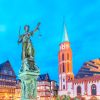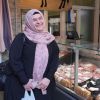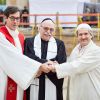Neutrality and freedom
Political scientist and religious scholar Hüseyin Çiçek talks about how there needs to be limits to the extent to which politics can become involved in religious matters.
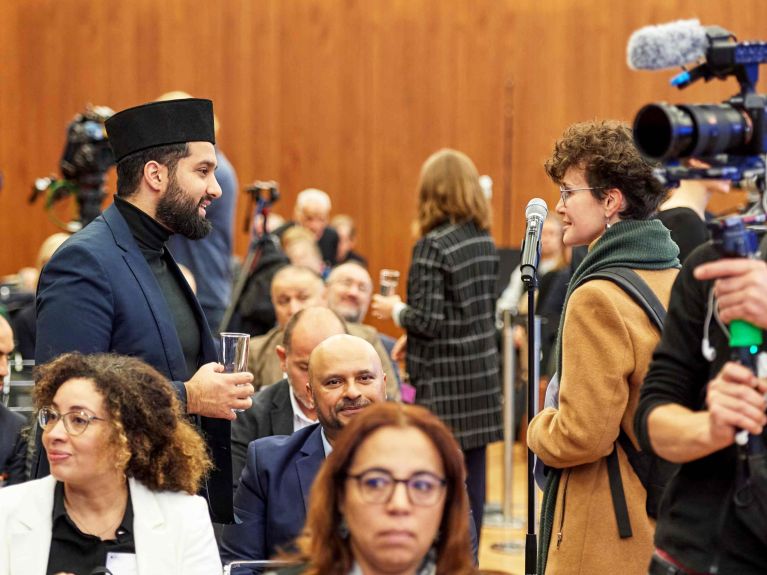
Dr Çiçek , a new party is emerging in Germany, the DAVA – Democratic Alliance for Diversity and Awakening. One of its aims is to “promote a realistic and more positive image of Islam”. Is this something that was previously lacking in the German political party landscape?
It is entirely legitimate for members of an immigrant society – those with roots in Turkey in the case of DAVA – to become politically active. However, problems arise when interest groups pursue policies that call into question Germany’s democratic and liberal constitutional state. Members of the DAVA have attracted attention in the past due to their proximity to the Islamic community Millî Görüş and the Turkish ruling party AKP. This means they’re not in favour of diversity but believe in authoritarianism and the polarisation of society.
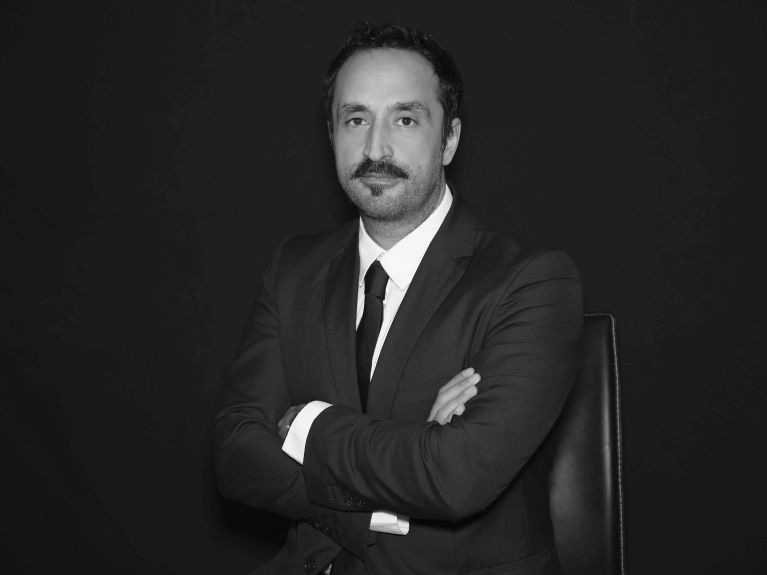
Is there sufficient opportunity in Germany to stand up for religious values in a political context?
In Germany the state is obliged to remain neutral in religious matters. At the same time, constitutional law on religion safeguards the freedom by which religious communities can organise themselves in Germany. However, the DAVA bases its programme on the idea of saving the ummah – the community of all Muslims. Their aim is to fuel unfounded fears and emotions and convert this sentiment into votes.
Propaganda directed against Germany – from Russia, for instance – spreads the idea that religious values are disregarded in Germany.
Fake news and half-truths are deliberately used to discredit Germany’s liberal democratic system, suggesting that liberal democracy is a misguided path. Yet this propaganda puts valuable achievements at risk – such as equal rights and freedom of choice, or the political independence of the judiciary and media. Instead, for example, there is one-sided promotion of a traditional image of the family which leaves no room for members of the LGBTQ community. Under the guise of advocating religious freedom, an outlook is in fact being propagated that is directed against a liberal and pluralistic society.
